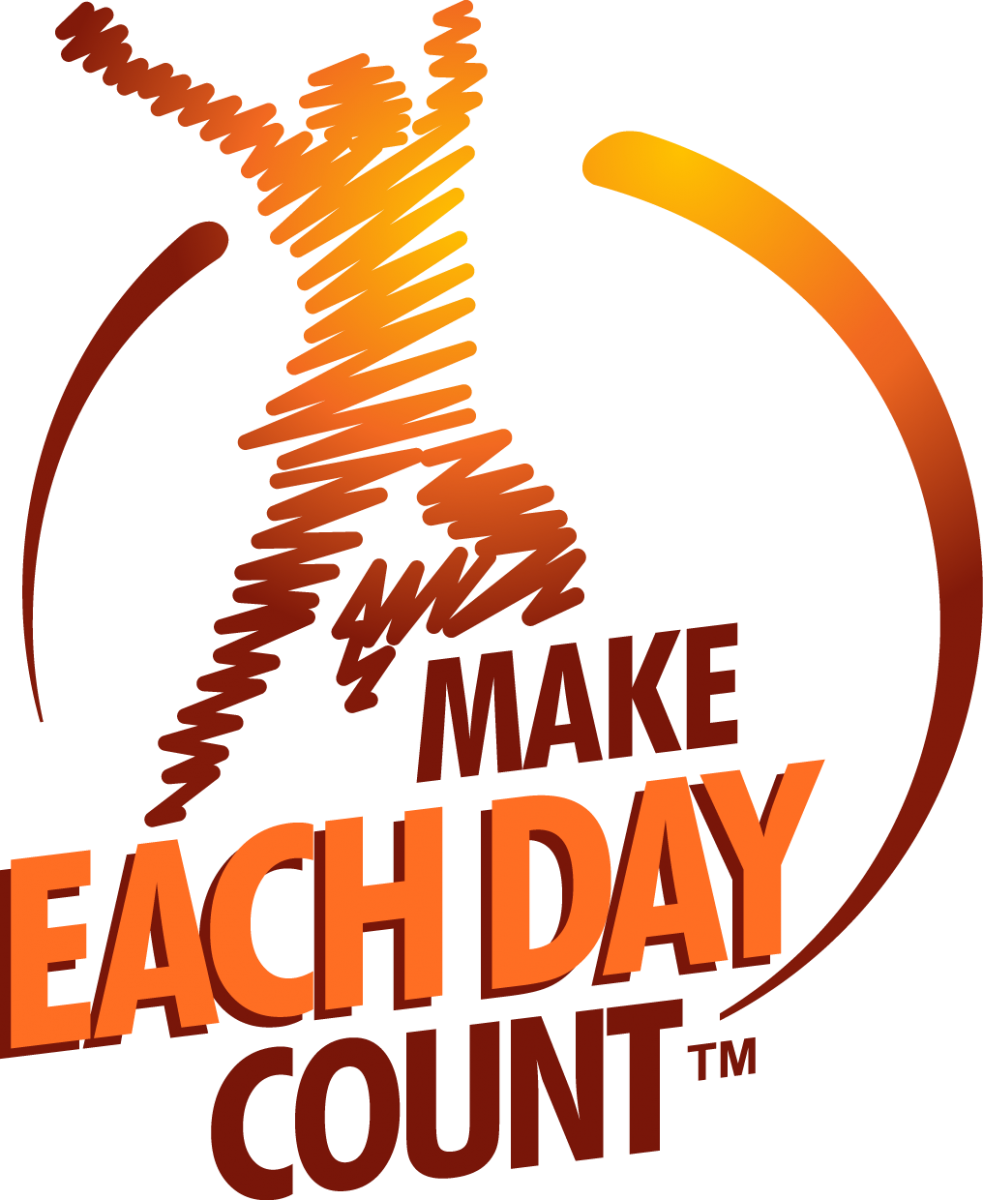Submitted by Tyke Crowley on
Did you set a New Year’s Resolution? If so you are 92% likely to fall short unless…
According to the Journal of Clinical Psychology, only 8% of people succeed in keeping their New Year’s Resolution. New Year’s Resolutions most often involve making a habit change, which to be successful needs to include your rider and elephant.
The rider and the elephant is an analogy to describe our competing desire for immediate rewards and long-term benefits. The rider represents the logical part of our brain, which can appreciate future rewards say dieting. The elephant, aka our unconscious or preferrably, out-of-conscious, is the emotional, impulsive and most powerful part that demands immediate gratification like a cupcake. NOW. Often times, our rider decides what new habits are best for our future selves like dieting; however, the elephant still desires the old behavior such as unheathy snacks. In other words, we break our New Year’s Resolutions because we rely solely on willpower in the short term to make a change, which if not turned into a habit, weakens our resolve until we resume the old behavior.
Aside from building your willpower in the short term, which we will discuss next, what do you need to do to keep your New Year’s Resolutions? You need to include your rider (what you want to do?) and your elephant (why is this change emotionally important?). Ask yourself why do you want this change? If you are temped, focus on your why, which will engage your elephant to help out your rider to stick to your New Year’s Resolution.
 As always, I wish you the best to make each day countTM!
As always, I wish you the best to make each day countTM!
~Tyke Crowley
